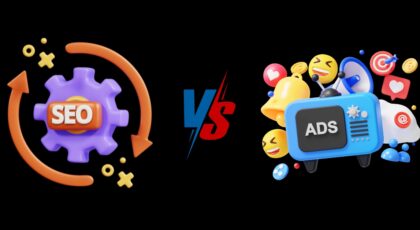For many truck drivers, the dream of being their own boss eventually leads them to consider becoming an owner operator. Instead of driving someone else’s truck on someone else’s schedule, you buy or lease your own rig and run your business on your own terms. It sounds great on paper—but like any big decision, it comes with both perks and pitfalls. If you’re curious about what life as an owner operator really looks like, here’s a balanced look at the pros and cons.
The Pros of Becoming an Owner Operator
1. Independence and Control
One of the biggest attractions of becoming an owner operator is freedom. You get to decide what loads to haul, what routes to take, and when to work. This level of independence is appealing to drivers who are tired of strict company rules or dispatchers micromanaging their time. For many, that independence is worth the added responsibility.
2. Higher Earning Potential
While there are more expenses involved, owner operators often take home more money than company drivers. You’re not limited to a set per-mile wage; instead, you negotiate rates directly with brokers or companies. According to the American Trucking Associations, trucking remains one of the largest freight industries in the U.S., which means there’s consistent demand for reliable operators. With smart planning, your income can rise significantly.
3. Pride of Ownership
There’s something satisfying about climbing into a truck that’s truly yours. It’s not just a vehicle—it’s an investment, a business tool, and in many cases, a second home. Maintaining and customizing your rig adds to that sense of pride and ownership.
4. Flexibility in Lifestyle
When you control your schedule, you can decide how much time you want to spend on the road. Want to take longer breaks between loads or prioritize runs that keep you closer to home? As an owner operator, you have that choice.
The Cons of Becoming an Owner Operator
1. High Start-Up Costs
The biggest hurdle for most drivers is the financial leap. Buying a truck can cost anywhere from $50,000 to over $150,000, depending on whether it’s new or used. Leasing can reduce the upfront cost but may limit your profit margins in the long run. This investment often requires financing, which adds the pressure of monthly payments.
2. Ongoing Expenses
Once you own the truck, you’re responsible for everything—fuel, insurance, maintenance, tires, and repairs. A breakdown on the road isn’t just inconvenient; it can cost thousands and leave you sidelined for days. Unlike company drivers, there’s no one else to foot the bill.
3. Business Responsibilities
Driving is only half the job. As an owner operator, you’re also the accountant, the scheduler, and the negotiator. You’ll need to track income, manage taxes, file paperwork, and stay compliant with federal and state regulations. Some drivers thrive on this, while others find the business side overwhelming.
4. Risk of Unstable Income
While you can earn more, income isn’t guaranteed. Freight markets fluctuate, fuel prices rise and fall, and unexpected repairs eat into profits. For drivers who need steady, predictable paychecks, this uncertainty can be stressful.
Owner Operator Jobs in Georgia
If you’re considering the move, location matters. For example, Owner Operator jobs in Georgia are in demand thanks to the state’s thriving logistics industry and proximity to major ports like Savannah. Many carriers in Georgia actively recruit owner operators because the region is a key hub for freight moving up and down the East Coast. It’s worth researching your state or region to see how local demand might affect your opportunities.
Is Becoming an Owner Operator Right for You?
The decision ultimately comes down to your personality, financial readiness, and career goals. If you’re comfortable with risk, enjoy independence, and have a solid financial plan, becoming an owner operator can be incredibly rewarding. But if you prefer stability, predictable income, and fewer headaches, staying as a company driver may be the better choice.
Final Thoughts
Being an owner operator is a big step—it’s part driver, part entrepreneur, and part mechanic rolled into one. The freedom and earning potential are real, but so are the risks and responsibilities. If you’re considering the move, talk to other operators, run the numbers, and start small if possible. A well-informed decision will help you avoid costly mistakes and set you up for success on the road ahead.



